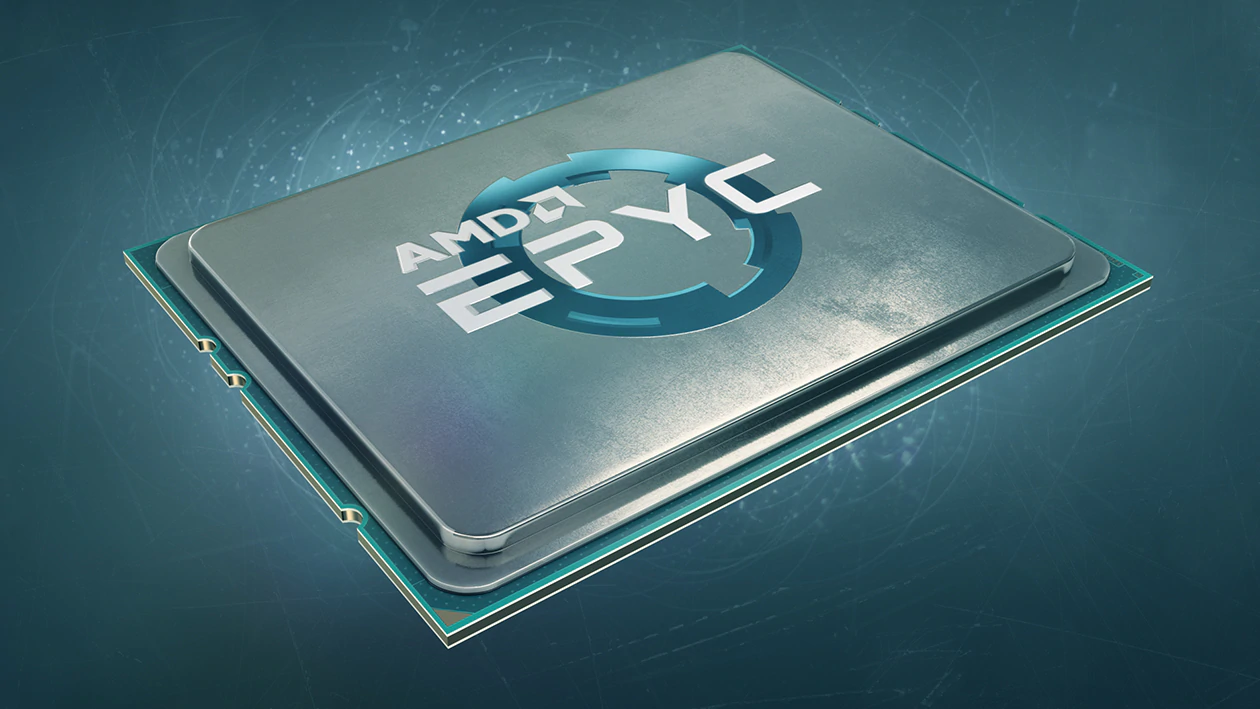Amazon Adds More EPYC Instances to AWS
Despite the imminent arrival of 7nm EPYC Rome processors, Amazon is still investing in previous-gen 14nm EPYC Naples CPUs and made five new instances available globally. These new instances address a large variety of use cases, two of which target "business-critical applications" and "web and application servers," while another two target "high performance" and the last targets "a balance of compute, memory, and network resources for a broad spectrum of general-purpose workloads."
It might be surprising that Amazon is still investing in soon-to-be previous-gen hardware, especially since the upcoming Rome chips have double the cores and higher IPC that Naples. But considering Naples is still decently competitive with Intel's Xeon CPUs and is available for much cheaper than Rome (not to mention in much larger supply), it does make sense to keep buying what will soon be previous-gen AMD CPUs.
When Amazon is ready to launch Rome instances, it can simply take the older Naples-based servers and swap the CPU out with a new Rome chip, though users would miss out on PCIe 4.0 support. As such, it's actually in AMD's best interest to get as many companies investing into EPYC, even if it's older, cheaper hardware, because the EPYC platform is forwards compatible.
The continued adoption of EPYC CPUs, of course, bodes very well for AMD because the new models should be much better. Once the supply for Rome is sufficient, we should expect it to be very popular with cloud service providers like Amazon. AMD won't supplant Intel as the key provider for server CPUs, no matter how good Rome is, but the tides could be turning.
Get Tom's Hardware's best news and in-depth reviews, straight to your inbox.

Matthew Connatser is a freelancing writer for Tom's Hardware US. He writes articles about CPUs, GPUs, SSDs, and computers in general.
